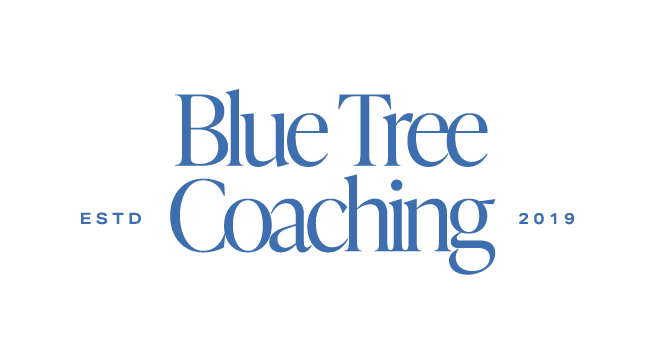CATEGORIES
“Believe you can and you’re halfway there.” Theodore Roosevelt
Have you heard about the “quiet quitting” trend? It refers to employees tacitly deciding not to do anything more than the bare minimum to keep their jobs. A lot has been written about it and where it comes from. The most talked about theories are that it’s a response to burnout and/or a response to bad bosses. Though the term is new, the idea is not. It’s basically about employees not being engaged or energized or committed to their work. In my decades as an HR consultant and employment lawyer, I’ve worked with a lot of employers trying to boost employee engagement, and there are very proven methods of doing so. Things like paying attention to workplace culture, ensuring the workplace is fair and equitable, and treating employees like humans and not cogs in a wheel.
Today, though, I’m talking about quiet quitting in a different context. I’m talking about it as it applies to our personal goals, whether they have professional implications or not.
When we have ideals that we want to achieve – whether starting a side hustle, turning one into a full-time gig, losing weight, improving our relationships with our kids, friends, or partners (and yes, I have clients who fall into all of these buckets) – we often start out feeling very energized and passionate about them. We imagine what “success” looks like for ourselves and we start to take action to move us closer to our ideals.
But often, and before too long, inertia starts to creep in. We think it’s too hard, or it’s taking too long, or we’re not good enough in some way. And we quietly quit.
What does this look like? We might start to procrastinate. Engage in more and more self-doubt. Beat ourselves up. We might also experience cognitive dissonance, which means we feel psychological discomfort based on the lack of congruence between what we’re telling ourselves we should do and what we’re actually doing. Which we often resolve by buffering – ie distracting ourselves from the discomfort with food, drink, Facebook, Netflix, and so on and so forth.
Here is a simple four-part strategy you can use anytime you notice you’re starting to quietly quit on yourself.
First, notice if it’s happening. Simply bringing awareness to your mental space with respect to your goals is really important to making any shifts. You can’t fix it if you don’t know it’s broken.
Second, remind yourself that it is very human and normal to start to give up on ourselves when things feel hard. Change without self-compassion and understanding is damn near impossible in my experience.
Third, remind yourself why you set the goal in the first place. Anchoring into your purpose can be very grounding and reorienting. It’s why I always start my coaching relationships with exploring why my clients want to work on whatever it is they are bringing to coaching.
And finally, get some support. A coach or a friend can really help you see through the mental fog that precipitates quiet quitting. They can help you question your thoughts and see a new perspective. And sometimes, that’s all we need to reengage with our goals and our passions.
Did you miss the podcast this week?
Episode 46 dropped on Monday. I had the pleasure of speaking with a true multi hyphenate – something near and dear to my heart. Colleen Mitchell is a life coach for women with Type 1 Diabetes. She’s also an epic fantasy novalest, podcaster and works a full time job as a project manager. It was a fun conversation. Monday I’ll be back with a solo episode with some great mindset tips for when life slows you down.

